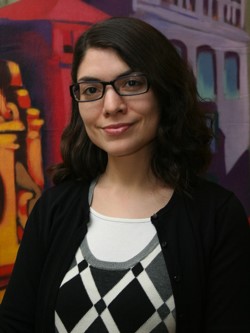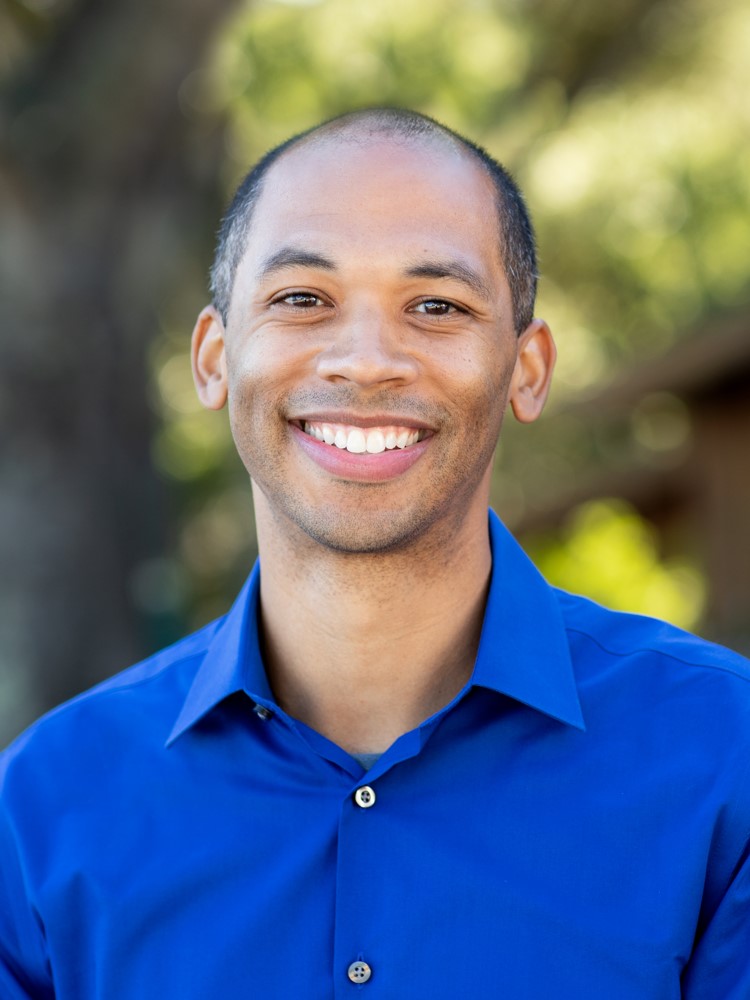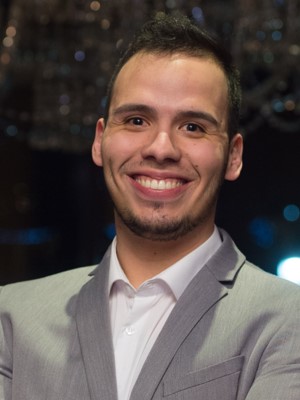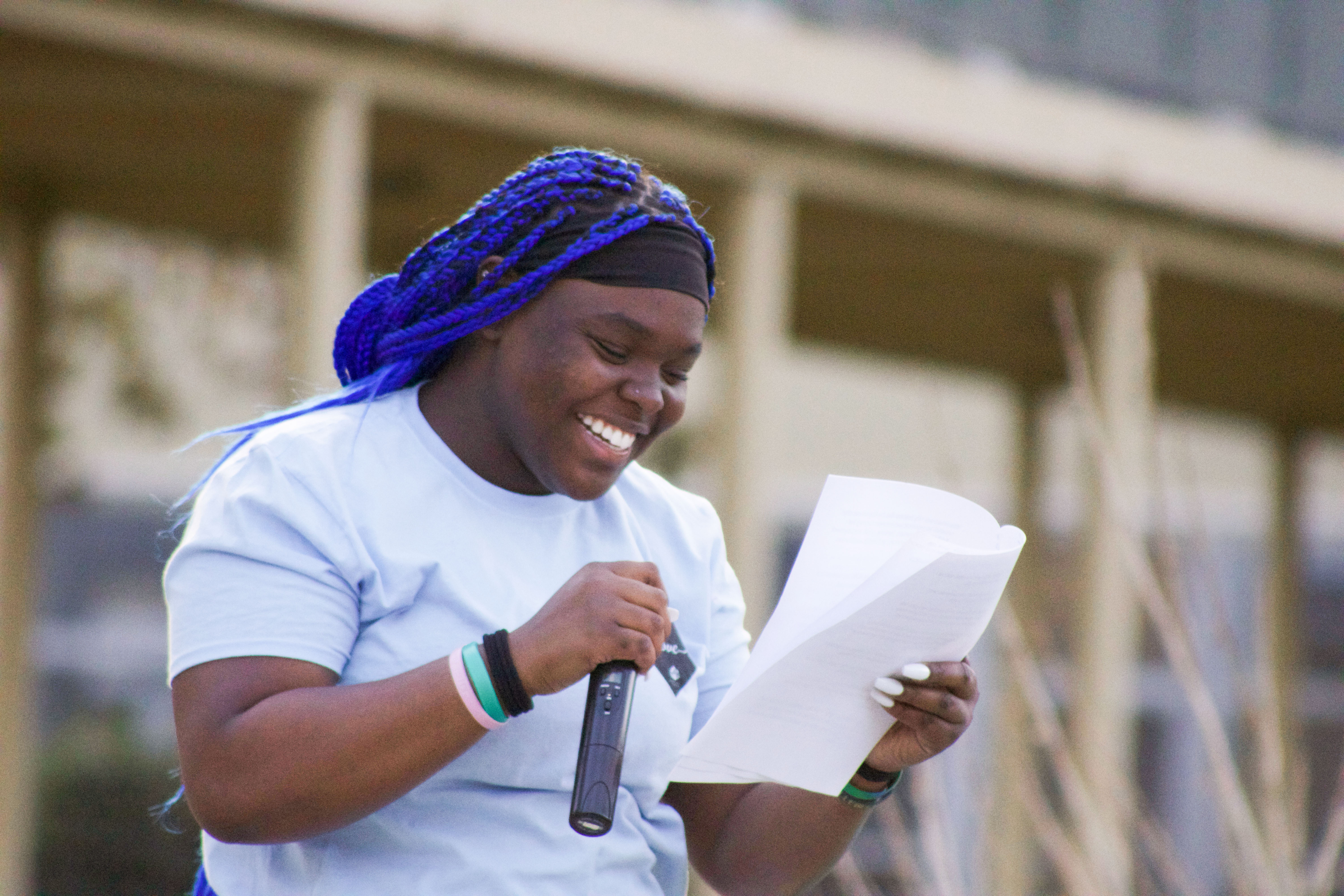As I reflect on what brings me to this work, I am reminded that these roots run deep. As a Puerto Rican brought up in the United States, I was raised with an awareness of our nation’s history of colonialism and at times violent intervention in Latin America and beyond. I saw how the U.S. government had fought to ensure that the political and economic arrangements in Latin American countries suited its own interests, while then abdicating responsibility for the resulting destabilization.
News
Primary tabs
The recent political stunts of relocating migrants to Martha’s Vineyard, Washington D.C., and New York City distract us from the urgent needs of the 2.4 million people who arrived and were apprehended at the U.S.-Mexico border this year. We invite you to look past the media sensationalism of these stories and learn with us as we focus on the rights, wellbeing, and dignity of migrants and share insights from the work being done at the border to support them.
In this edition, GCIR President Marissa Tirona speaks with Arcenio Lopez, Executive Director of Mixteco/Indigena Community Organizing Project (MICOP). Read on as Arcenio shares his thoughts about building power for Indigenous immigrants, the importance of forging alliances with other Indigenous communities, and how philanthropy can support and strengthen the work of Indigenous migrants.
As a native-born U.S. citizen working in the movement for immigrant justice, I often reflect on what brought me to this work out of the many social justice issues that demand our attention. Navigating the immigration system alongside my wife who immigrated from Albania to pursue her dreams of a better future opened my eyes to the complex and often challenging immigrant experience in America.
I often find myself going back to Davis’ words, especially on days when progress feels so excruciatingly slow and hopelessness begins to set in. Lately this has come in the form of news headlines of another school shooting and continued disappointment with elected officials for not delivering on their promises. Yet Angela Davis’ quote not only reminds me that the fight toward a liberated world takes time, but also that, even on the most difficult days, you must be as bold and far reaching as possible. After all, there is a role for everyone, including those of us in philanthropy, in the long-term fight for equity and justice. Given the considerable influence and power of philanthropy – a $90 billion sector – funders are well-positioned to play a key role in its radical transformation.
GCIR President Marissa Tirona speaks with Kris Hayashi, Executive Director of Transgender Law Center, the largest trans-led organization in the country.
GCIR President Marissa Tirona speaks with Lian Cheun, Executive Director of Khmer Girls in Action (KGA) in Long Beach, California, an organization working for gender, racial, and economic justice through community and power building efforts led by Southeast Asian young women.
The first quarterly President Message from Marissa Tirona, GCIR President.





